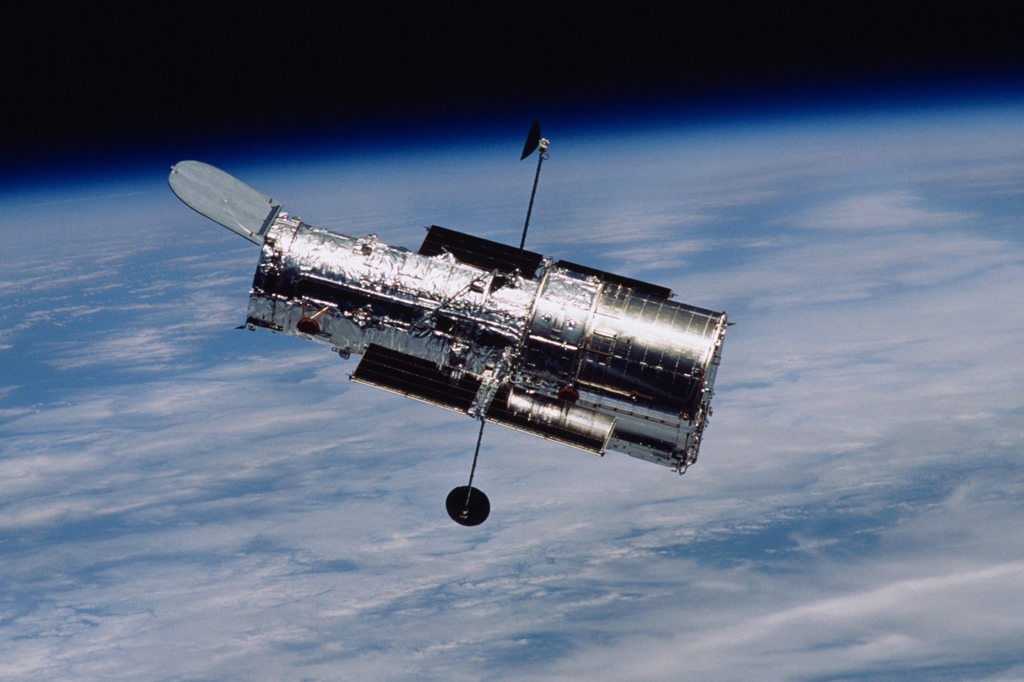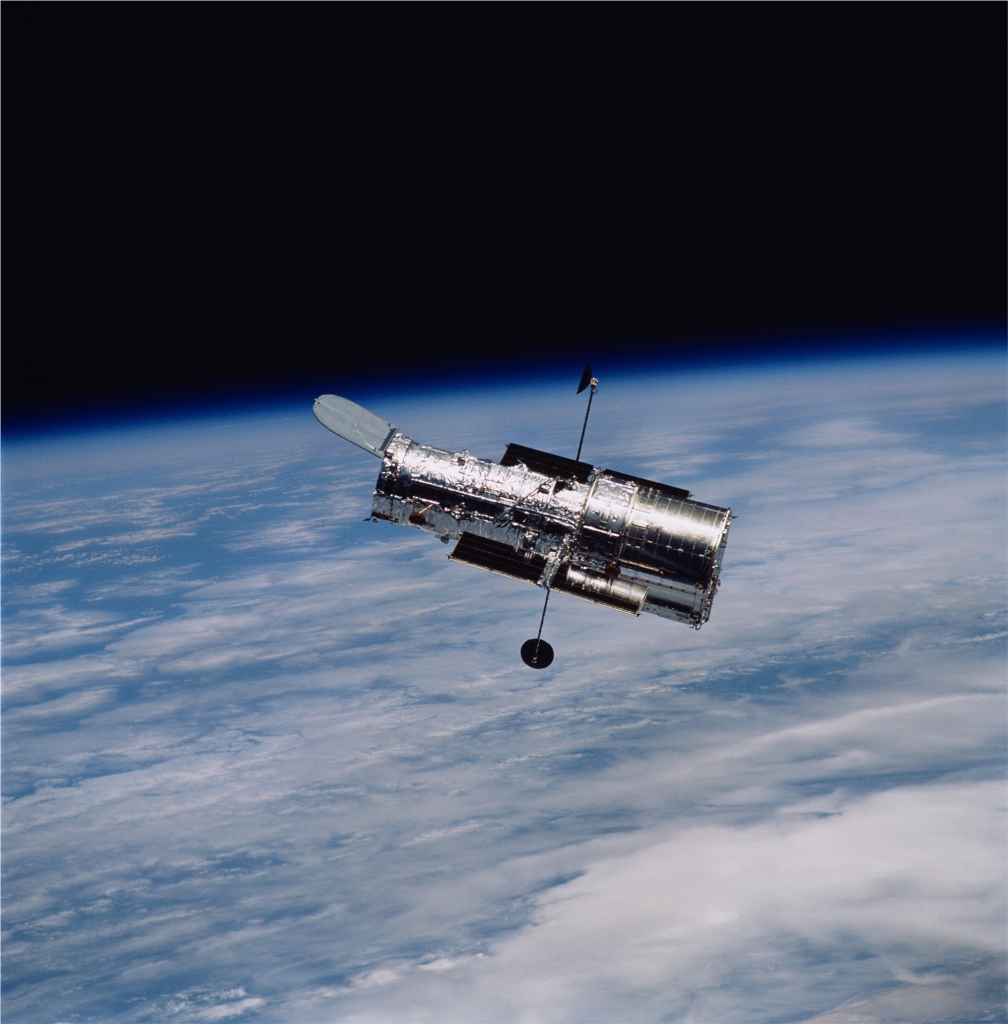‘Something weird’ is expanding universe amid Hubble discovery
There’s a disturbance in the force.
During a recent study on the universe’s expansion rate, NASA researchers discovered “something weird” transpiring in the cosmos that might not be able to be explained by modern science.
The discovery supports “the idea that something weird is going on, possibly involving brand new physics,” per a press release by NASA.
The interstellar anomaly comes on the heels of recent breakthroughs regarding “dark energy,” a mysterious repulsive force that sped up the universe’s expansion, according to the study. With the help of the Hubble telescope and other cutting-edge instruments, astronomers had managed to gather the most accurate data yet regarding this intergalactic augmentation metric.
“You are getting the most precise measure of the expansion rate for the universe,” said Nobel Laureate Adam Riess of the Space Telescope Science Institute.
However, the increased precision has paradoxically led to increased ambiguity: scientists discovered a discrepancy between the “expansion rate as measured in the local universe compared to independent observations from right after the big bang, which predict a different expansion value,” according to the release.
Scientists are unable to explain the paradigm-shifting phenomenon. However, the discrepancy suggests that there is something fishy transpiring in the universe whose answer might involve “additional physics of the universe.”

This finding might make astronomers have to rethink current data gleaned from the Hubble. This states that the universe is expanding at a rate of 73 kilometers per second per megaparsec — far faster than the astronomers’ predictions of 67.5.
And while there is only a one in a million chance that the Hubble made a mistake, this finding is “untangling what was becoming a nice and tidy picture of the universe’s dynamical evolution,” per the study.
Despite the potential black hole in the scholarship, the Hubble’s progress has been nothing short of stellar. Over the past three decades, the space telescope has calibrated more than 40 “milepost markers,” essentially measuring sticks in the space-time continuum that can be used to track the universe’s expansion.

“This is likely Hubble’s magnum opus, because it would take another 30 years of Hubble’s life to even double this sample size,” said Reiss.
Fortunately, said breakthrough could be on the horizon. NASA’s new Webb Space Telescope, which just launched into space and will be sending back its data soon, can hopefully expand upon “Hubble’s work by showing these cosmic milepost markers at greater distances or sharper resolution than what Hubble can see.”
Read the full article Here


